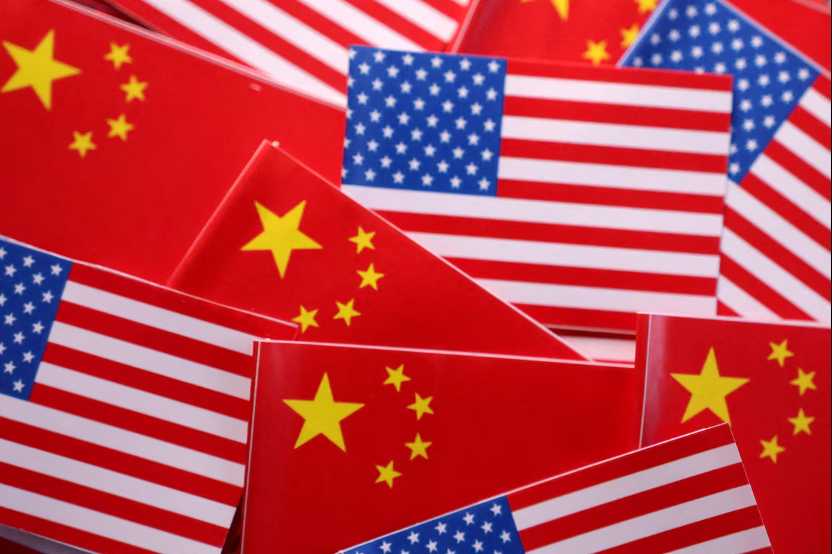FCC Chair Brendan Carr stated in a release that submarine cables have in recent years become potential channels for "foreign adversaries" like China to conduct espionage and cyberattacks. Over 400 such cables globally carry 99% of international internet traffic. As early as 2020, the U.S. government intervened to halt multiple proposed cable projects linking the U.S. and Hong Kong, fearing Chinese firms could gain control of data channels and network intelligence.
The new rules will not only restrict Chinese companies such as Huawei, ZTE, China Mobile, and China Telecom from participating in U.S.-related cable projects but also require all cables connected to U.S. communication systems to avoid equipment from suppliers on a "security threat list."
This policy underscores the U.S. trend of "de-Chinaization" in tech, signaling a more pronounced division of global communication infrastructure into technological blocs in the future. Such a move may disrupt existing supply chains and raise costs for cross-border cable projects, while sparking concerns about fragmented global internet connectivity.








